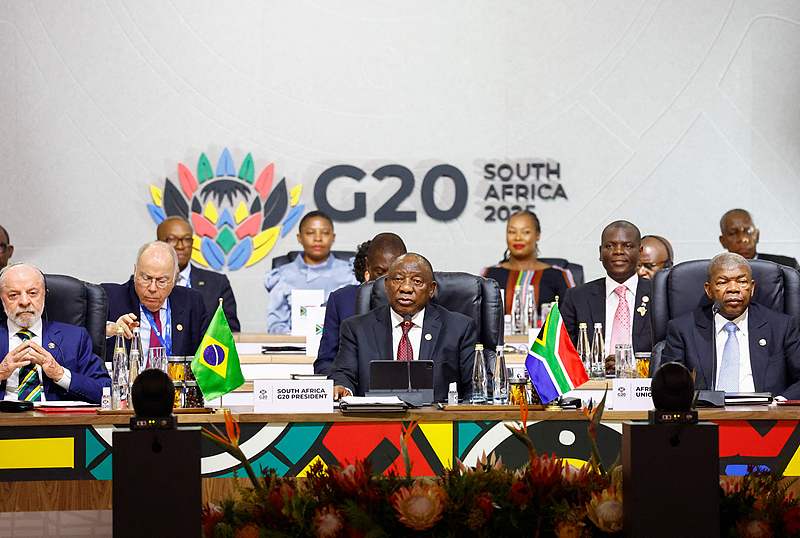
Libya’s political impasse is hurting the economy, the central bank warns
The Central Bank of Libya has warned against the economic implications of the current political division, as the country is politically divided between two rival administrations.
“The dual public spending (by the two administrations) contributed to the widening of the gap and created imbalance between demand and supply of foreign currencies, and also prevented the maintenance of exchange rate stability and the value of the Libyan dinar,” the bank said in a statement.
The size of the dual public spending in 2024 was 224 billion dinars (about $40.37 billion), of which 123 billion dinars were spent by the Tripoli-based government, while the eastern-based government spent 59 billion dinars, according to the bank.
The statement revealed that 42 billion dinars were spent on fuel subsidies.
The central bank added that the oil exports and tax revenues in 2024 amounted to 136 billion dinars.
“With the two governments continue spending at the same pace as in 2024, the country’s financial and economic situation will worsen and pose new challenges, including a worsening deficit in the balance of payments and general budget, and a growing public debt balance,” the statement said.
Since the fall of late leader Muammar Gaddafi in 2011, Libya has faced fragmentation. The country is now divided between the eastern-based government in Tobruk, supported by the House of Representatives, and the western-based government in Tripoli, backed by the Presidency Council.






